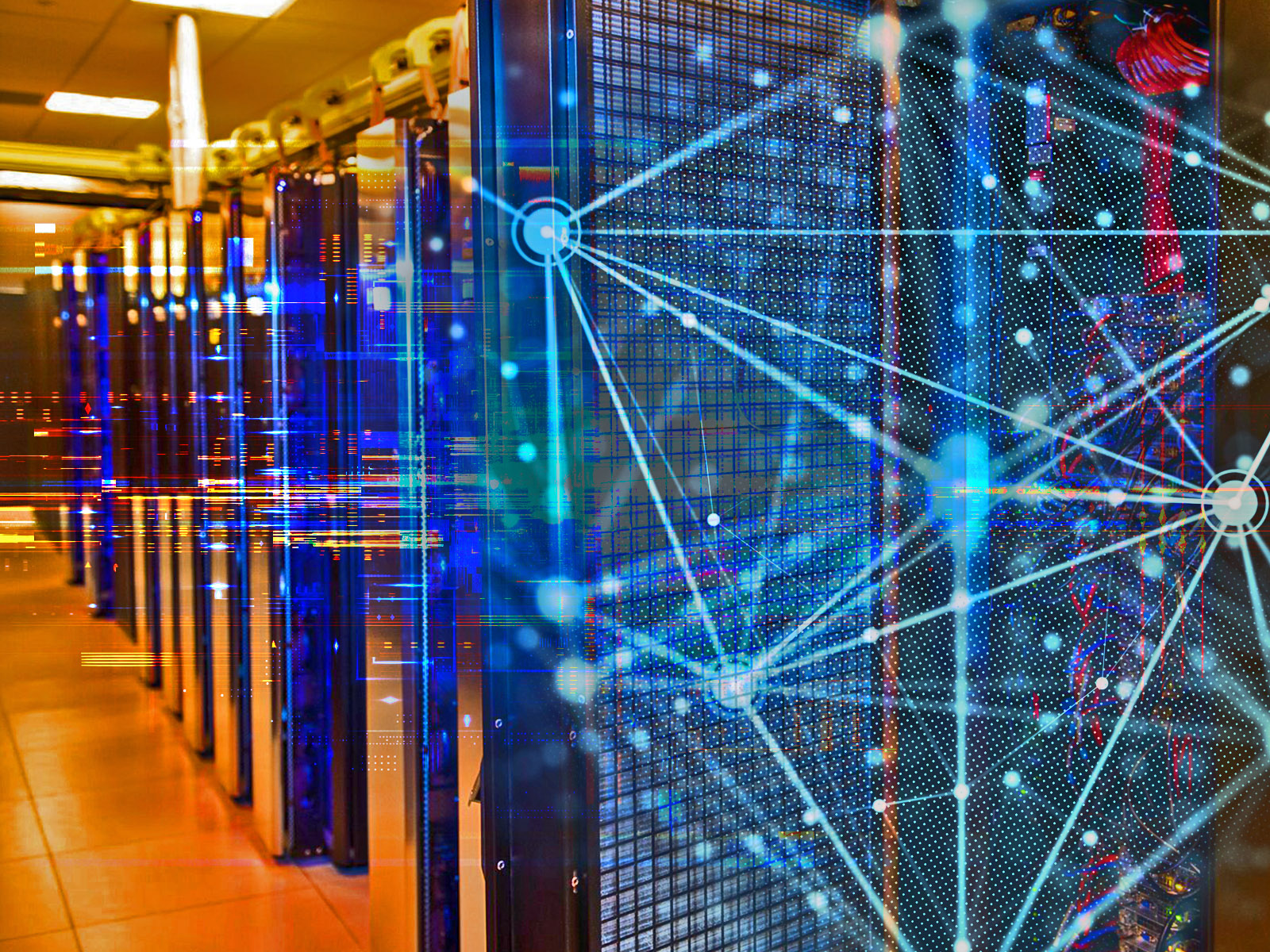Collaborations
 | CENATEThe Center for Advanced Technology Evaluation (CENATE) is a computing proving ground focused on integrated evaluation of early technologies to predict their potential and guide future systems design. |
 | AWCOver the past decade, PNNL’s research and development in Advanced Wireless Communications (AWC) has garnered attention from many partners who acknowledge PNNL’s leadership. This work has featured monitoring of wide spectrum communications, wireless cybersecurity, millimeter wave technology, embedded sensor systems, and Internet of Things connectivity. |
 | University of WyomingDr. Dongliang Duan's group at the Department of Electrical and Computer Engineering at the University of Wyoming is particularly interested in statistical signal processing, wireless communications and networking with applications in smart grid, such as the data collection and analytics for power grid monitoring, the strategies to detect and recover from cyber attacks, the design of power system to improve the resilience of power systems, and so on. |
 | Temple UniversityDr. Liang Du’s group at Temple University investigates how different communication capabilities could impact the ever-growing penetration of electrified transportation and renewable energy resources, as well as how the next-generation communication infrastructure could enhance the energy grid stakeholders’ capability to achieve situational awareness, distributed control, and autonomous operations under both normal and unexpected conditions. |
 | Virginia TechDr. Walid Saad manages the Network SciEnce, Wireless, and Security (NEWS) laboratory at Virginia Tech, he focuses on the fundamental research at the intersection of machine learning, game theory, wireless networks, smart grids, and cyber-physical systems. The NEWS laboratory is part of the Wireless@VT research group and the ECE department at VT that both host state-of-the-art facilities in the areas of wireless networking, cyber-physical systems, and smart grids. |
 | New York UniversityDr. Yuzhang Lin’s group at New York University (NYU) has rich research experience on the cyber-physical resilience of power grids. They specialize in the coordinated modeling, analysis, and optimization of power grids and communication networks in preparation of, adaptation to, and recovery from major disturbances in both the cyber and physical domains of power systems. NYU also has a world-leading research program on 5G/6G technologies and their applications. |
 | The George Washington UniversityDr. Payman Dehghanian at The George Washington University leads a research direction on innovative solutions that enhance the ways we think, design, plan, and operate a power grid of the future which is greener, more efficient, and more resilient to natural disasters and human-triggered disruptions. Dr. Dehghanian directs the GW SmartGrid Laboratory that are working on projects around power grid resilience against wildfires, mobility-as-a-service and application of mobile power sources for resilience delivery in power grids, transportation electrification, and co-planning and joint operation of resilient interdependent infrastructure systems. |